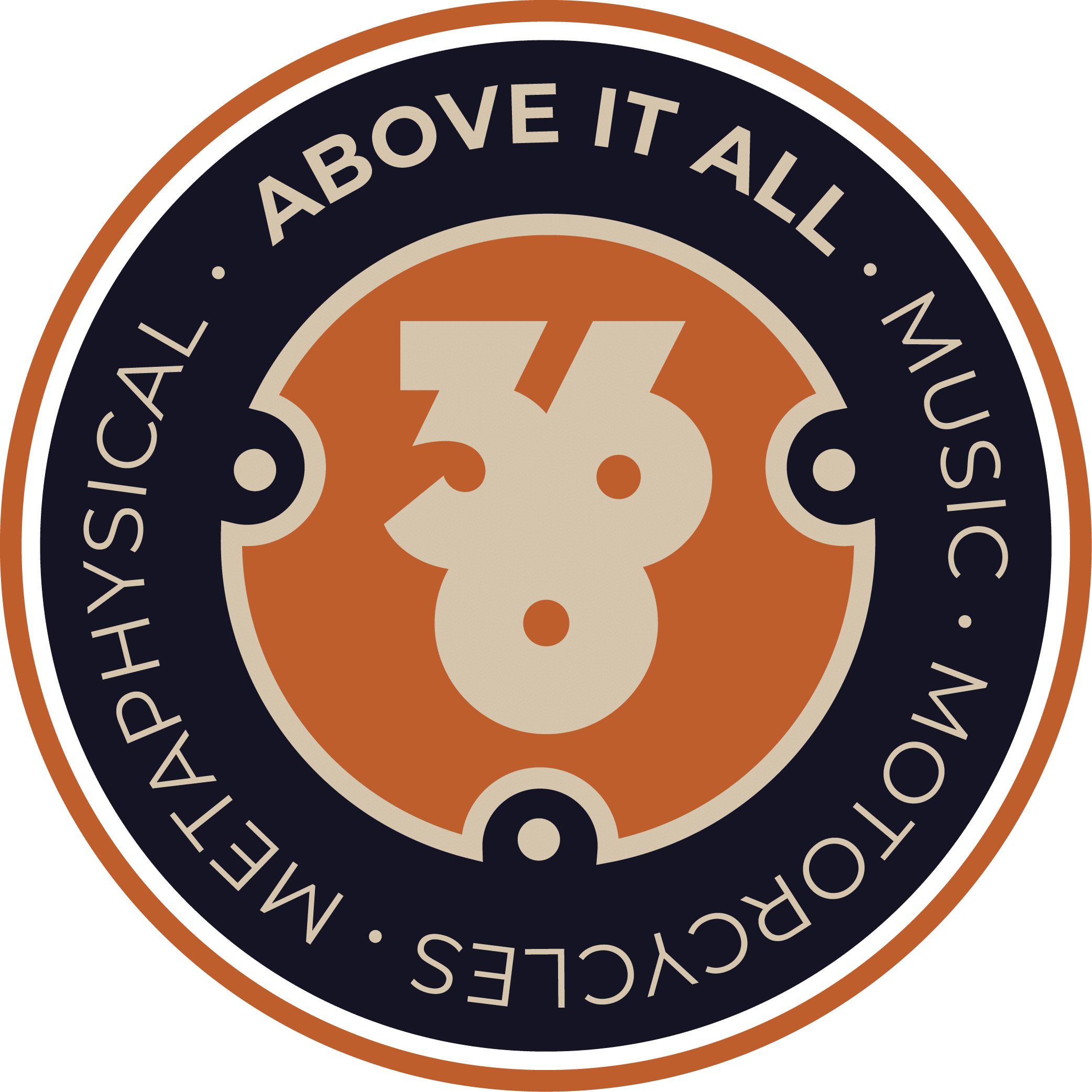The story wrote itself
Out-of-Body - Writing
It’s always been important to me to have creative outlets, but I have never put too much thought into why that is. This is perhaps a byproduct of growing up around music and books–taking the presence of these creative pieces in my life as a norm rather than objects that were actively shaping me.
At 17, I made the decision to study English in college not for any reasons of long-term practicality, but because it seemed like an opportunity to explore a creative lifestyle and be among other creative people during what I understood to be very formative years. This was a huge, life-defining decision made by a kid only recently aware of the creative process behind music and books and who wanted little more out of life than to understand that creative process and discover his own.
It was not a choice of practicality. Unless it was.
When I look back on this choice, I realize two things about practicality. The first is that my sense of what is practical has always been based on the life trajectories of friends who took other routes through college, preparing for careers as accountants, software engineers, or mid-level managers and are now married, own homes, and are starting (or preparing to begin) families. This is not to critique these life paths, but only to note that, for me, it simultaneously seemed to be a logical order of stepping stones and yet impossible for me to envision for myself.
The second thing I realize looking back on my decision to study English is that practicality isn’t uniform. Four years of studying English in undergrad will draw plenty of comments about how little you will amount to–there are no jobs, you’ll end up working for Starbucks, “What will you do with that? Teach?” Five more years of English graduate studies will draw even more of this commentary.
While I don’t agree with these platitudes, I mention them to say that no one who studies English (or any other creative field) does so without some level of awareness of how their degree fits into the larger social operation. Some may jump ship, but many charge ahead with the warnings unheeded. But why? My answer is that studying English and cultural studies, doing the work of reading and writing essays, was work that made me feel the most like me. The choice to study English was very much one of self-identity and community. It was one of production rather than re-production. A choice of creating rather than re-creating. Where biology, math, and computer courses always felt passive and routine, English opened a door to an active experience of the world. For me, that was, and remains, practical. And I imagine for many others in creative fields, this is also true. This is a long-winded way of saying that being creative–which for me is mostly writing, but also drawing or playing music–is how I find my kind of “flow-state.”
One thing that I’ve learned since working 9-5 at a repetitive, admittedly dull desk job is that creative outlets are critical not just as an escape from the stressors, anxieties, or demands of the more material and physical world, but as a way of looking at that world from a removed perspective–a different plane–and dealing with those stressors, anxieties, and demands by abstracting them.. I think of a particular essay I wrote a few years ago. To this day, I have no explanation for how it came to be. Certainly, I did the physical work of typing, but even to this day I feel layers removed from its actual production. I remember reading the essay months after I had finished it and telling my friend that it was written as though “God had channeled Himself through me.” This was said tongue-in-cheek, of course, but when I think back to the process it’s easy to convince myself of a divine intervention. Especially in writing the earlier drafts, time was absent; ideas seemed to arise not within my brain, through neural connections. Instead, thoughts seem to come to me from the outside–as a kind of current pulsing around my room and in through my window. In the choreography of a kitchen staff during a rush, or in the way band mates might feel as they hit their groove, there was a synchronous connection between myself and something entirely immaterial. An entire draft of the essay was written in a single night, and it remains the most extended out-of-body experience I’ve ever had. Even when I think back on writing the piece, I’m standing behind myself and across the room, lit only by a small desk lamp and the computer screen. I see my fingers typing and my hands jotting notes in my notebook. Music is playing, and I dance a little in my chair. I have no idea that I’m not in the room alone.
For me, a lot of creative production is chasing this feeling. At times, it strikes me momentarily while I’m writing or drawing, playing guitar or cooking. It’s how I know I’m onto something. It may not be as enduring, but that feeling lets me know that I’m on enough of a right path that it’s worth it to keep working with the draft, recipe, or song even after the feeling has faded. Achieving it feels completely out of my control, but I know that I will never achieve it unless I am able to reframe what practical means.
RSN
